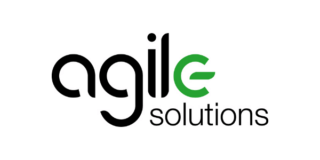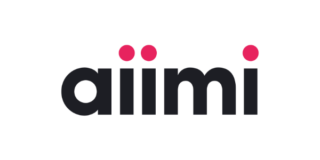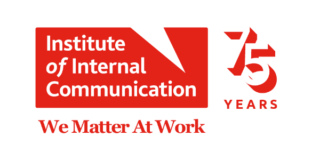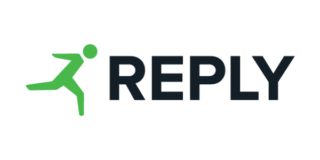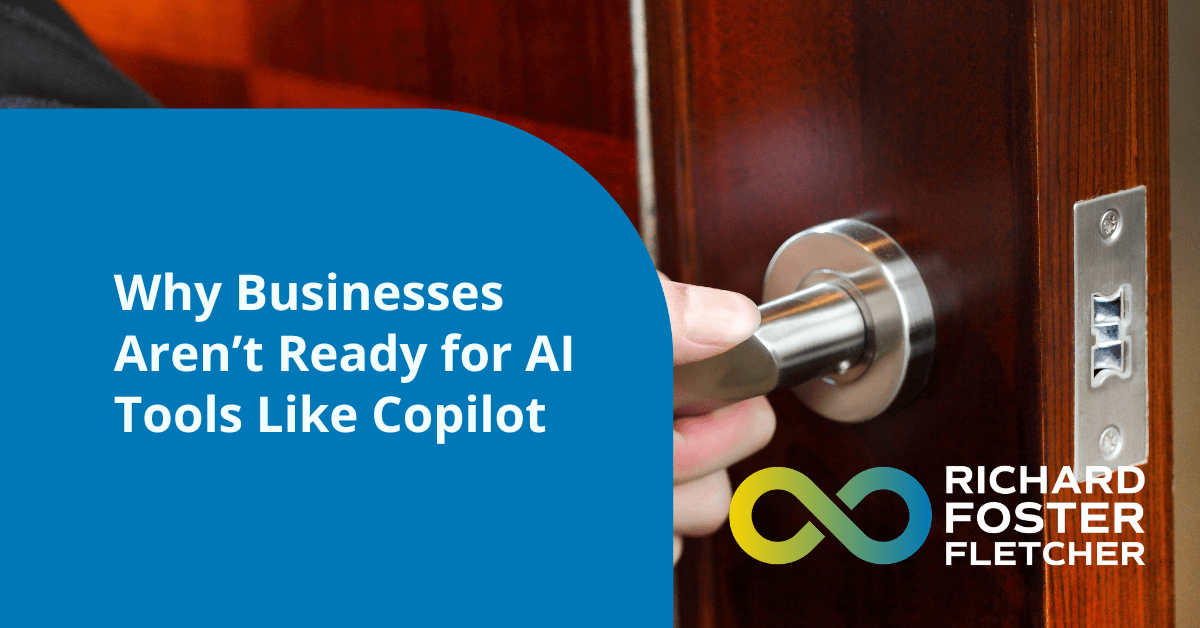
Why Businesses Aren’t Ready for AI Tools Like Copilot

As companies increasingly adopt AI-powered tools like Microsoft’s Copilot to enhance productivity, they expose themselves to significant risks stemming from inadequate data governance. While these tools promise to boost efficiency by leveraging vast amounts of data, they also open the door to potential data leaks and intellectual property theft if the underlying data governance frameworks are not sufficiently robust to manage the complexities of modern enterprise environments.
The Core Issue: Data Governance Failures
The primary concern is not about the data that Microsoft or other AI providers might access but about the deficiencies in corporate data governance, particularly in the management of network roles and permissions within organisations. Copilot and similar AI tools operate by adhering to “technical rules” based on these settings. However, in many organisations, these rules are outdated, poorly managed, or misaligned with actual business requirements. This misalignment can result in Copilot unintentionally granting employees access to sensitive information, such as salary data or confidential business strategies, that they should not have.
A recent comment on a discussion thread encapsulates the issue: “Copilot is following ‘the rules’ (technical settings) but corporate IT teams have not kept the technical rules up to date with the business rules. So they need to pause Copilot until they get their own rules straight.” This highlights the need for businesses to reassess and strengthen their data governance policies before deploying AI tools that have access to and process sensitive corporate data.
Risks to Intellectual Property and Data Exposure
Beyond unauthorised data access, there is a broader risk of exposing sensitive business processes and intellectual property on an unprecedented scale. While Copilot is designed to enhance creativity and productivity, it also processes and captures vast amounts of data, embedding human labour into its AI models. If not managed properly, this could allow third parties to inspect and potentially replicate a company’s internal processes, creating an intellectual property risk that some experts have described as a “nightmare.”
This risk is amplified by the scale at which AI tools operate. Traditional environments might safeguard intellectual property through specific documents or systems. However, with AI, the challenge is to manage, categorise, and protect data that is dynamically generated, processed, and utilised across multiple platforms and applications. The difficulty in tracking and controlling this data at scale could lead to significant vulnerabilities, particularly in industries where intellectual property is a critical competitive asset.
The Importance of Data Hygiene
Another critical aspect of data governance in the context of AI tools like Copilot is data hygiene, which involves the organisation, maintenance, and protection of data within an enterprise. Poor data hygiene can result in outdated or incorrect permissions, leading to unintended data exposures. Relying on existing file-sharing security mechanisms, such as those in OneDrive or SharePoint, to govern access to data used by Copilot can be problematic. These systems, while theoretically robust, can become “a total mess over time for large organisations,” complicating efforts to ensure that only authorised personnel have access to specific data.
To mitigate this, companies must implement stricter access controls and conduct regular audits of data permissions. However, maintaining these controls is challenging, particularly in large enterprises where data environments are complex and constantly evolving. It is not enough to simply establish these controls; they must be continuously monitored and updated to ensure they remain aligned with the company’s business needs and compliance obligations.
Data Governance as a Prerequisite for AI
The deployment of AI tools like Copilot must be predicated on robust data governance. This requires more than just updating and maintaining accurate data permissions. It also involves ensuring that data is encrypted, access is tightly controlled, and that clear policies are in place regarding how data can be used and shared. Moreover, companies must be transparent with their employees about how these tools function, what data they access, and what measures are in place to protect sensitive information.
Without strong data governance, the use of AI tools can lead to severe unintended consequences, including the exposure of confidential information, the theft of intellectual property, and potential legal liabilities. One industry commentator put it bluntly: “If you upload your data to a third party without first encrypting it with a key known only to you, it is no longer yours.” This statement reflects a growing awareness of the risks associated with data handling in the AI era and underscores the necessity for businesses to take proactive steps to secure their data.
The Path Forward: Addressing Data Governance Gaps
For companies to successfully implement AI tools like Copilot without compromising their security or intellectual property, they must first address the gaps in their data governance frameworks. This involves not only updating and maintaining accurate data permissions but also establishing a robust system to protect and manage data across the enterprise. Regular audits, strict access controls, and continuous alignment with business needs and compliance requirements are essential to prevent data exposure and intellectual property theft.
As AI tools continue to evolve, the stakes for data governance will only increase. Companies that fail to address these issues risk not only their competitive advantage but also their legal and financial standing. In the age of AI, robust data governance is not just a best practice; it is a critical business necessity.











